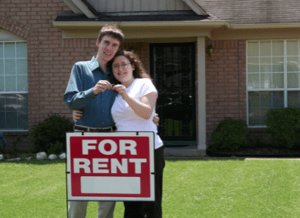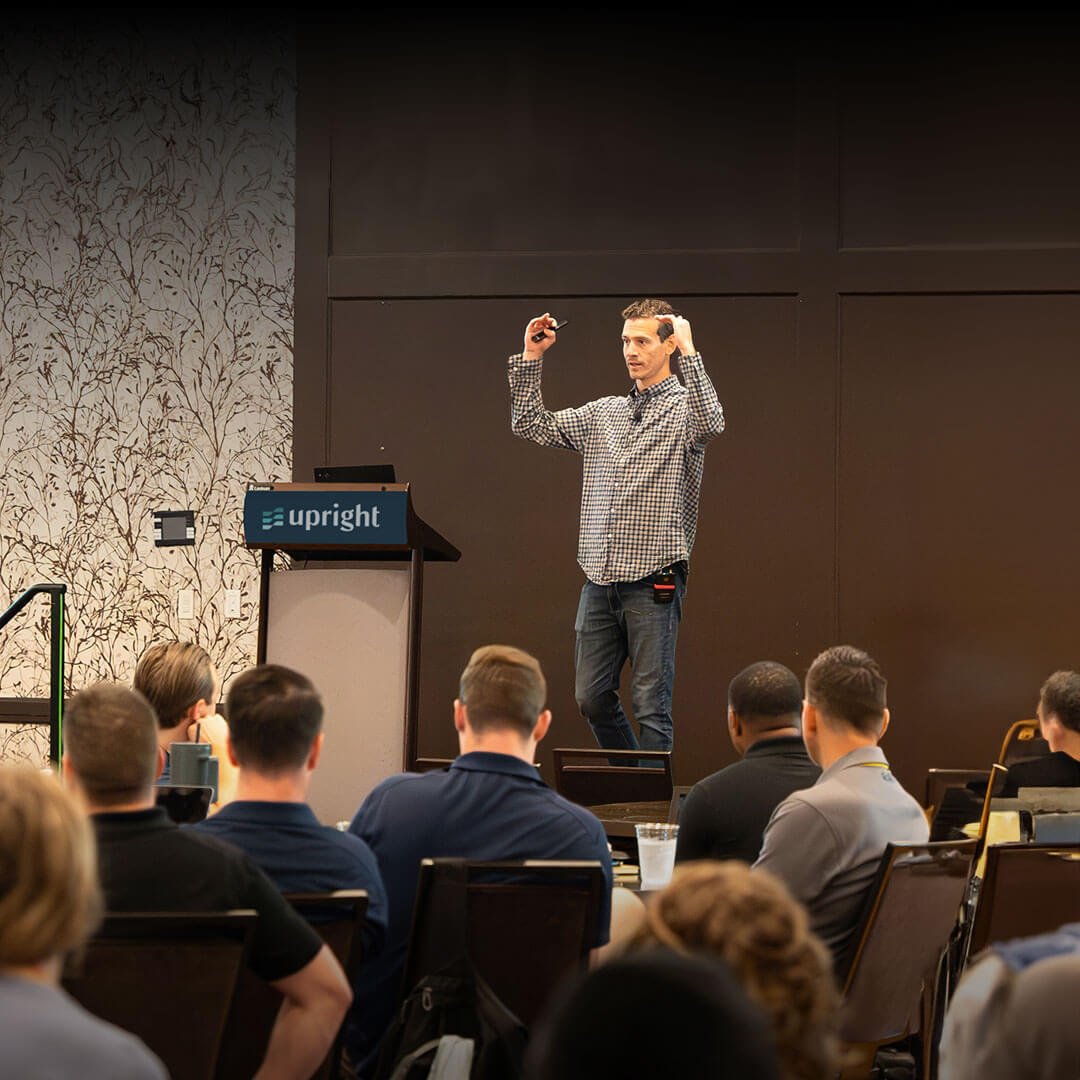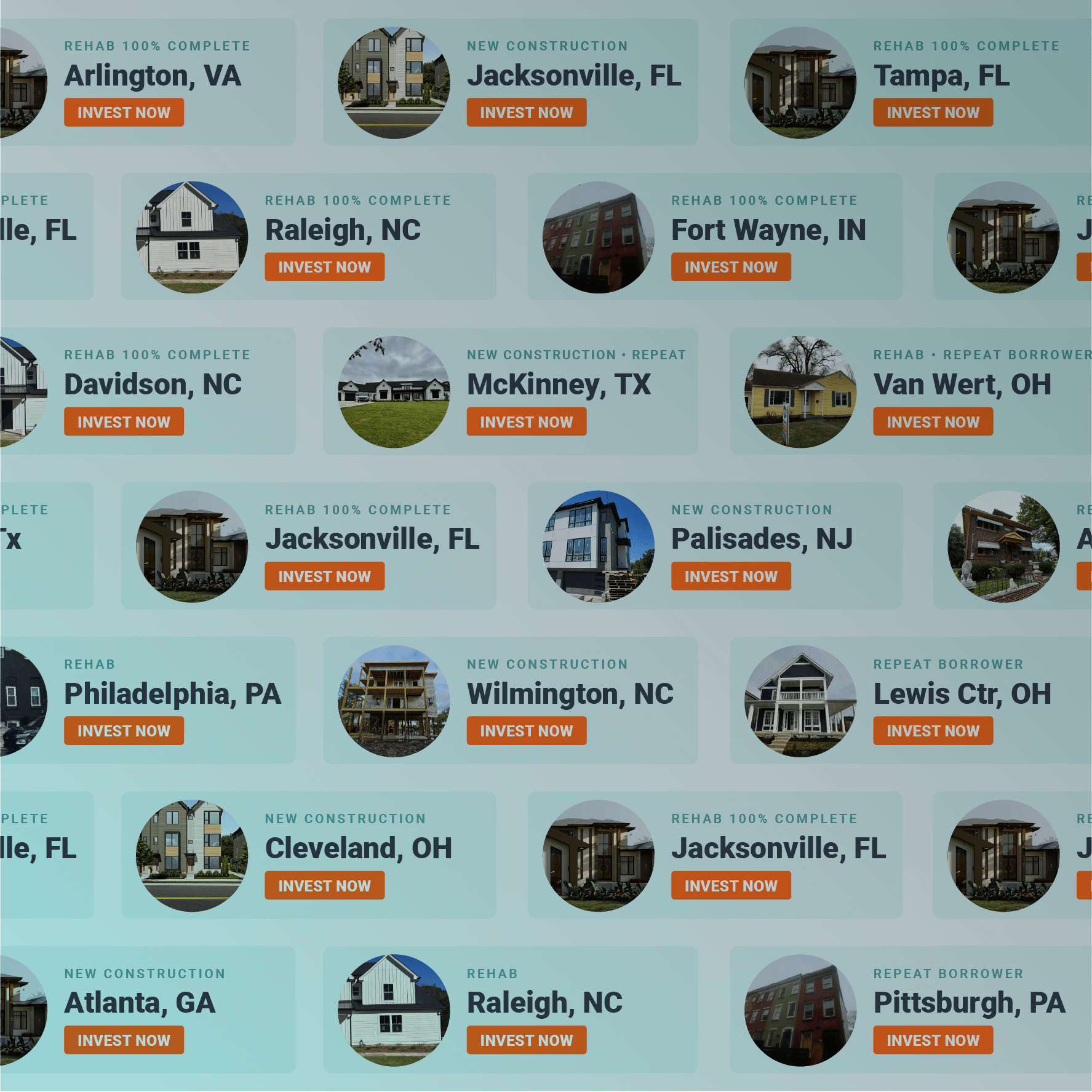Newbie real estate investors, as well as experienced ones, are sometimes torn between flipping houses or renting out properties. Though both are good real estate investment strategies, there are a few things you must consider before deciding which way to go.
One of the best ways to get started is to look at both options. In this article, we’re going to look at the pros and cons of flipping vs. renting so you can work out which strategy is best for your investment and financial goals.
What Is House Flipping?
 Flipping refers to when a real estate investor buys a property in need of repairs, fixes or renovates it, and then sells it to make a profit. Your profit is largely determined by how soon you can sell the property.
Flipping refers to when a real estate investor buys a property in need of repairs, fixes or renovates it, and then sells it to make a profit. Your profit is largely determined by how soon you can sell the property.
If you decide to venture into flipping real estate, you’ll be generating active income. Generally, you’ll be fully engaged in the business on a daily basis. The daily activities include searching for potential investment projects, getting insurance, sourcing for contractors, managing the project, marketing the home, finding clients, and many others.
As you can see, flipping houses involves hard work. If your productivity slumps, so does your income.
Investors love flipping houses since it provides a fast turnaround on your investment. It’s a great option if you want to avoid the hassle of looking for tenants and carrying out background checks. You can simply sell the house once the project is complete and move on to the next one.
That said, let’s look at some pros and cons of house flipping to understand this concept better:
Pros of Flipping Houses
Here’s a breakdown of the advantages house flipping investors enjoy:
- Fast turnaround: As previously mentioned, flipping offers you an opportunity to earn a great return on investment within a short period. The average amount of time taken to complete a flipping project is six months. While you can take much longer if you're a beginner, you can make great profits within a short span if it works.
- No property management: One major attractive trait of flipping houses is that you sell the property once you’re done fixing it. Unlike starting a rental property business, you don’t have to worry about finding potential tenants, screening them, and dealing with maintenance issues, such as repairs.
- Potentially lower risks: House flipping doesn’t have many overhead expenses, such as purchasing expensive real estate equipment or hiring employees (if you can do the work yourself — however, staying on track can mean hiring contractors, electricians, plumbers, and other experts). If you know your way around, you can save a lot of money on things such as remodeling supplies and others. Your expenses are only related to getting the property fit to sell for a profit. They include renovation, repairs, insurance, marketing, and utilities.
Cons of Flipping Houses
Let’s now flip the coin and break down the potential downsides of flipping real estate:
- Inconsistent income: If your job is flipping properties full time, then you’re giving up a consistent and steady flow of income in another career. This is what we call the opportunity cost of flipping. While there’s the potential to make handsome profits from this strategy, you need to ask yourself whether the opportunity cost is worth giving up your current full-time job. Since flipping creates active income, if you stop being active, the income stops coming in.
- Potentially risky: You could be experienced and good at what you do. However, anything could go wrong during the purchase or renovation of the property. Some things, such as water or roof damage, can be controlled. Others, such as a pandemic or political instability, are beyond your control. Even a healthy real estate market may become less predictable and affect your project’s profitability.
- Higher taxes: House flipping tax implications could eat into your profits. Generally, selling a property at a higher price than you bought it for means you qualify for capital gains tax in the US. The tax amount is determined by how long you owned the property. Flipped houses attract a higher capital gains tax than properties owned for a long time. Also, you must account for factors such as depreciation and repairs in your taxes. We recommend that you consult with a real estate tax professional before you take on a house flipping project.
- Newbie issues: Most people watch real estate shows on TV and think they display the reality, yet they don’t. In reality, successfully flipping houses takes time and experience. A TV show or a crash course won’t make you an expert overnight.
What Is Renting Out?
 Owning rental properties is for investors who are targeting passive income and want a long-term investment. Unlike house flipping, you don’t make your profits fast. However, your property generates consistent income over a long period.
Owning rental properties is for investors who are targeting passive income and want a long-term investment. Unlike house flipping, you don’t make your profits fast. However, your property generates consistent income over a long period.
This investment strategy involves buying a rental property, ensuring it’s in good condition, finding good tenants, then charging monthly rent.
You can buy a rental property with the goal of turning it into a traditional, long-term rental or a short-term rental. Traditional rentals are the most common types of rentals where tenants rent a property for a long period, say six months or a few years. On the other hand, short-term rentals involve hosting guests for a minimum of one night. The guests pay you a nightly rate.
Owning rental properties is considered passive since the investment doesn’t consume your life a lot. Unlike flipping houses where you focus so much on the project, your focus with rentals is mainly on the property management. Though rental properties may require repairs and maintenance, they are minor and irregular. If you own many rental properties, you can hire a property management agency to take on the tasks for you.
Let’s now look at the pros and cons of renting out your investment properties.
Pros of Renting Out
Here are the benefits of renting your property:
- Consistent income: Rental properties offer a consistent monthly income. If you were injured or sick and unable to work, you’d still receive an income from your rental properties. If done well, this passive income can grow and should surpass the rental property expenses. Besides, passive income is a crucial key toward financial independence and building generational wealth.
- Tax incentives: As we’ve seen, capital gains tax for properties owned over a year is less than that for flipped properties. You can save a lot of money in taxes from owning rental properties. In addition, rental property owners are entitled to tax deductions from business expenses, such as property management, repairs, maintenance, and many others. Another big tax incentive for rental property owners is depreciation. You can save thousands of dollars annually by writing off your property’s depreciation.
- Value appreciation: Rental properties increase in value over time and help you benefit from inflation. Your rental income and cash flow are bound to rise over time if you invest in the best rental markets in the US. Once you want to offload your investment down the road, you can benefit from the appreciation and sell it at a higher price than what you bought it for.
Cons of Renting Out
Here are the potential disadvantages of investing in rental properties:
- Property management: For a rental property to give you a good return on investment, you must manage it efficiently. You must look for potential tenants, screen them, collect rental payments, and monitor all your property expenses. You’ll also have to deal with any tenant issues that may arise during their lease. If anything goes wrong, you must get it fixed as soon as possible. It’s up to you to avoid any liabilities or fines for not maintaining your property.
- Vacancy risks: While the consistent income sounds enticing enough, what would you do when you can’t seem to find quality tenants? In some cases, landlords find themselves not in a position to keep their rental properties occupied for long. Even while you may have tenants, they may still not pay rent on time. Remember, in these instances, you still have to pay the mortgage. You need to consider such instances and account for at least three months of vacancy per year in your budget. Also, be realistic about your rental rates to avoid long vacancies.
While rental properties are considered a source of passive income, it’s not always the case in some instances. If you handle the property management tasks yourself, the investment becomes active.
It’s only truly passive when you hire a property management company or a property manager to handle the daily tasks.
Flipping vs. Renting Out: Verdict
After reviewing the pros and cons of flipping houses and renting out your property, you should be in a position to see what direction fits you better. There’s no optimal strategy for everyone. It depends on your investment goals.
If you want to get your hands dirty and earn a faster return on investment, then flipping houses could be the best strategy for you. If you want to keep your full-time job and still enjoy a passive income, then rental properties may be best for you. Carry out a real estate market analysis to ensure that you’re investing in the right location.
The bottom line is that you can find success in either of the investment strategies.
Whether your exit strategy is to fix-and-flip or rent out, you'll need fast, reliable, and sustainable funding for your next deal. Apply in 5 minutes to get a loan commitment within 24 hours.





